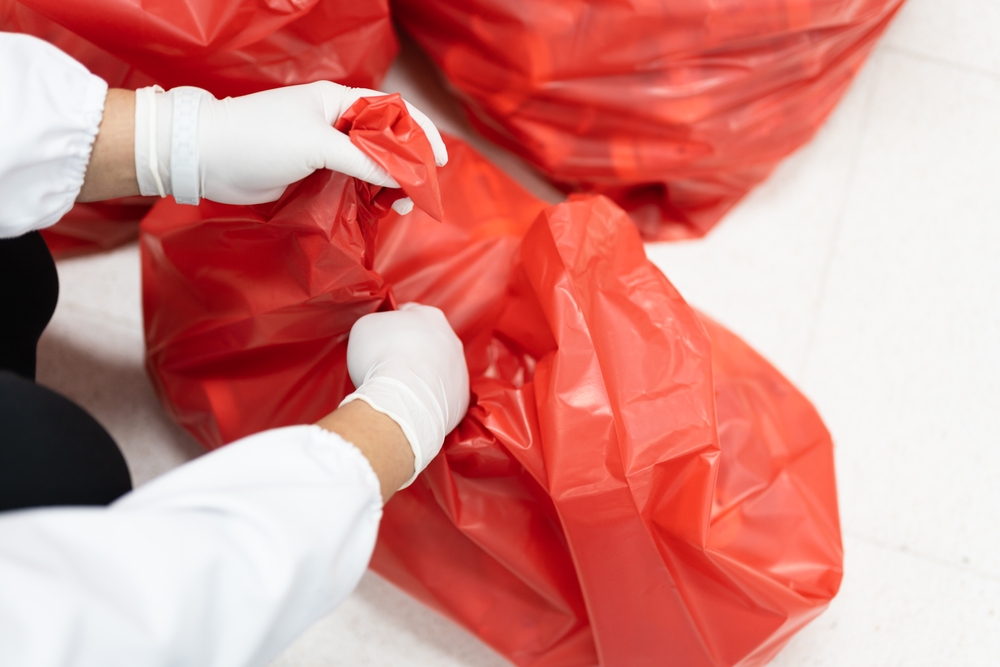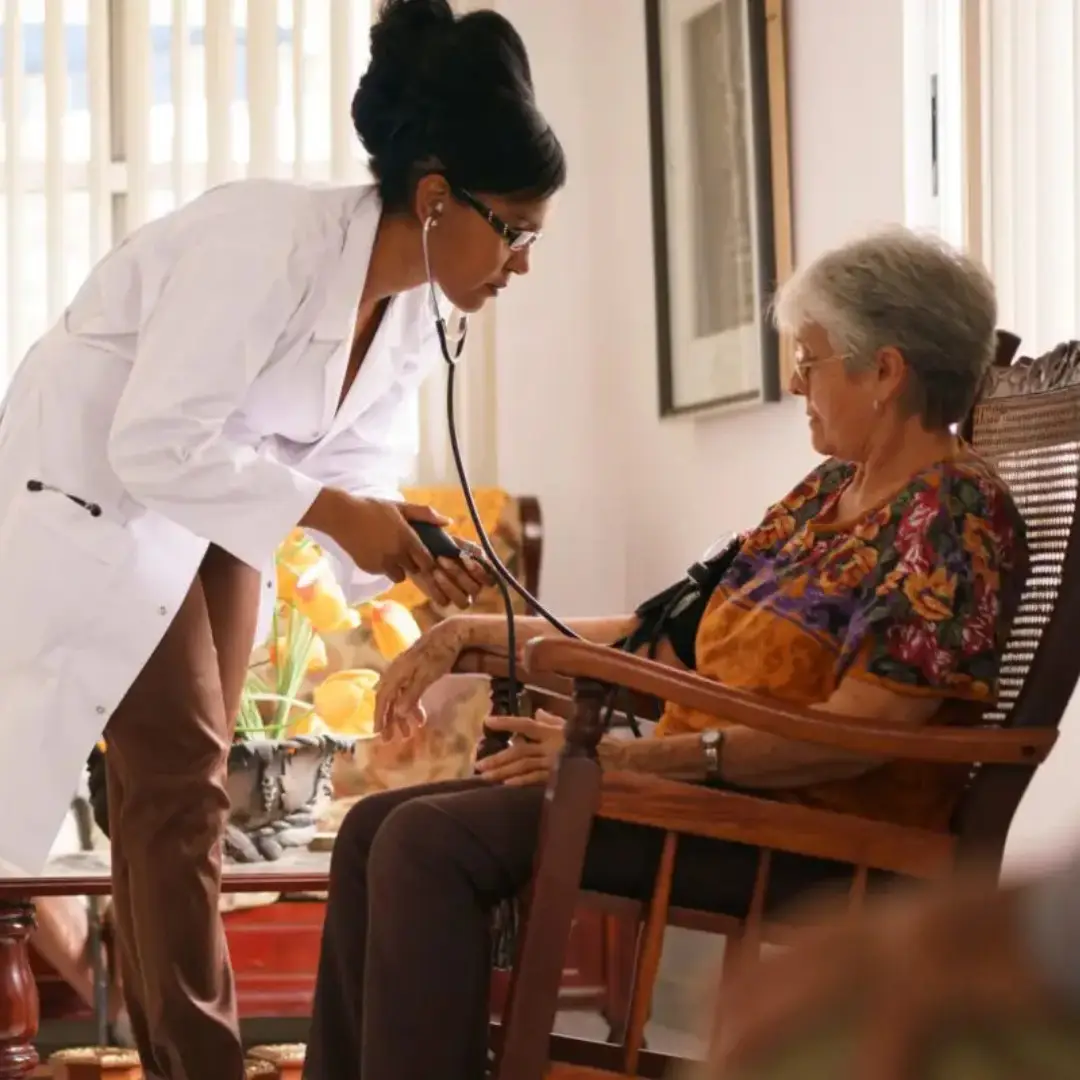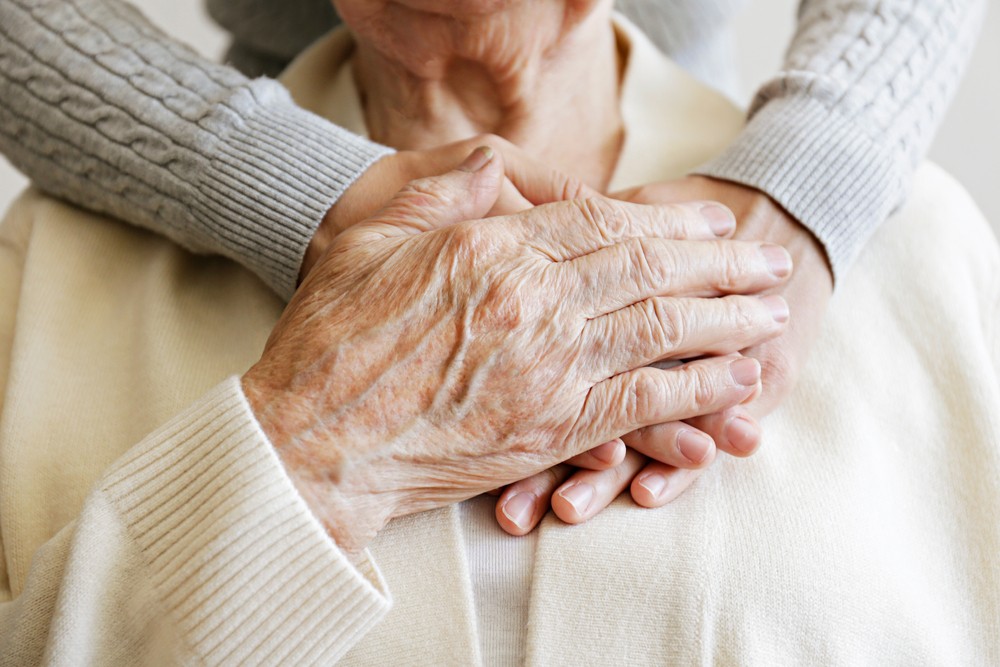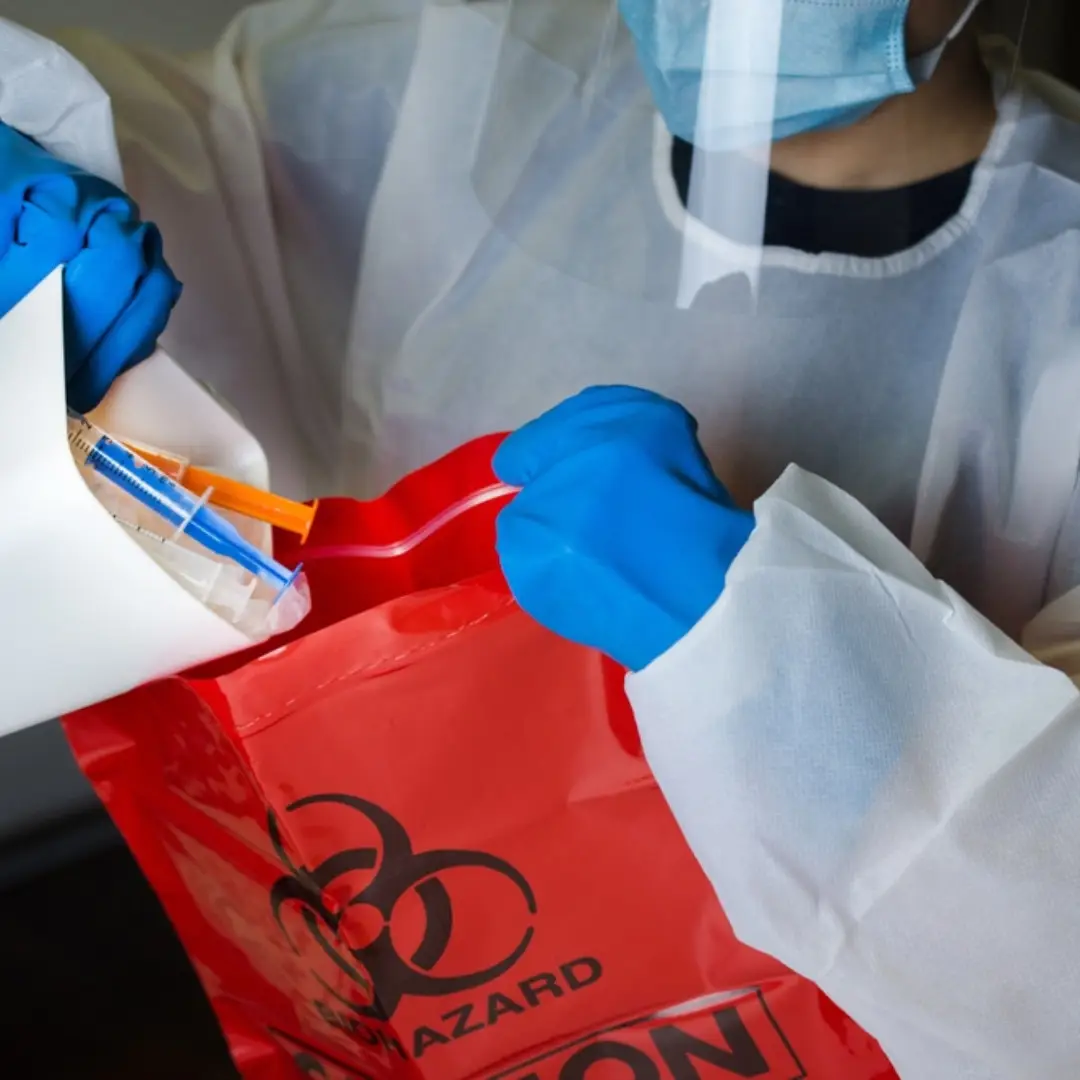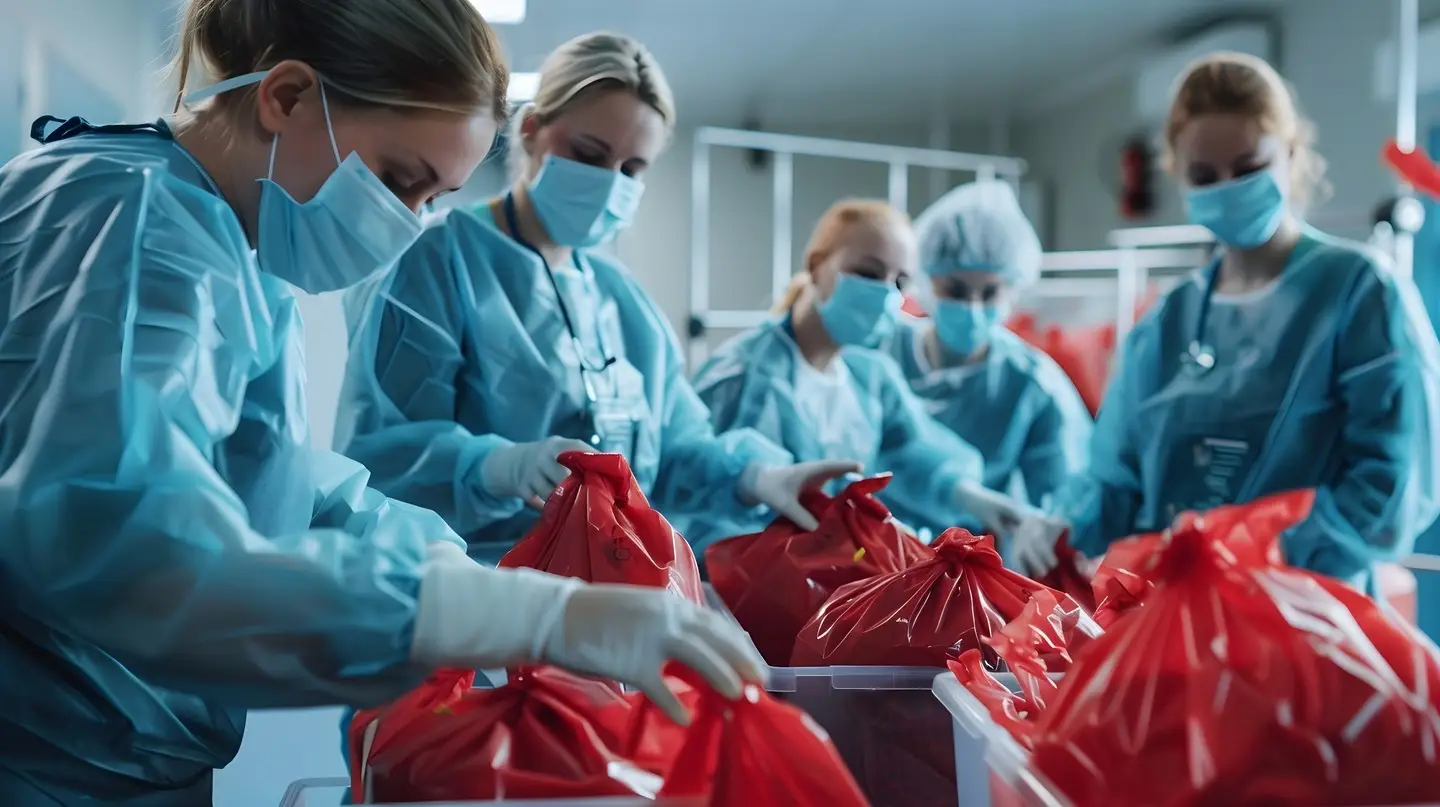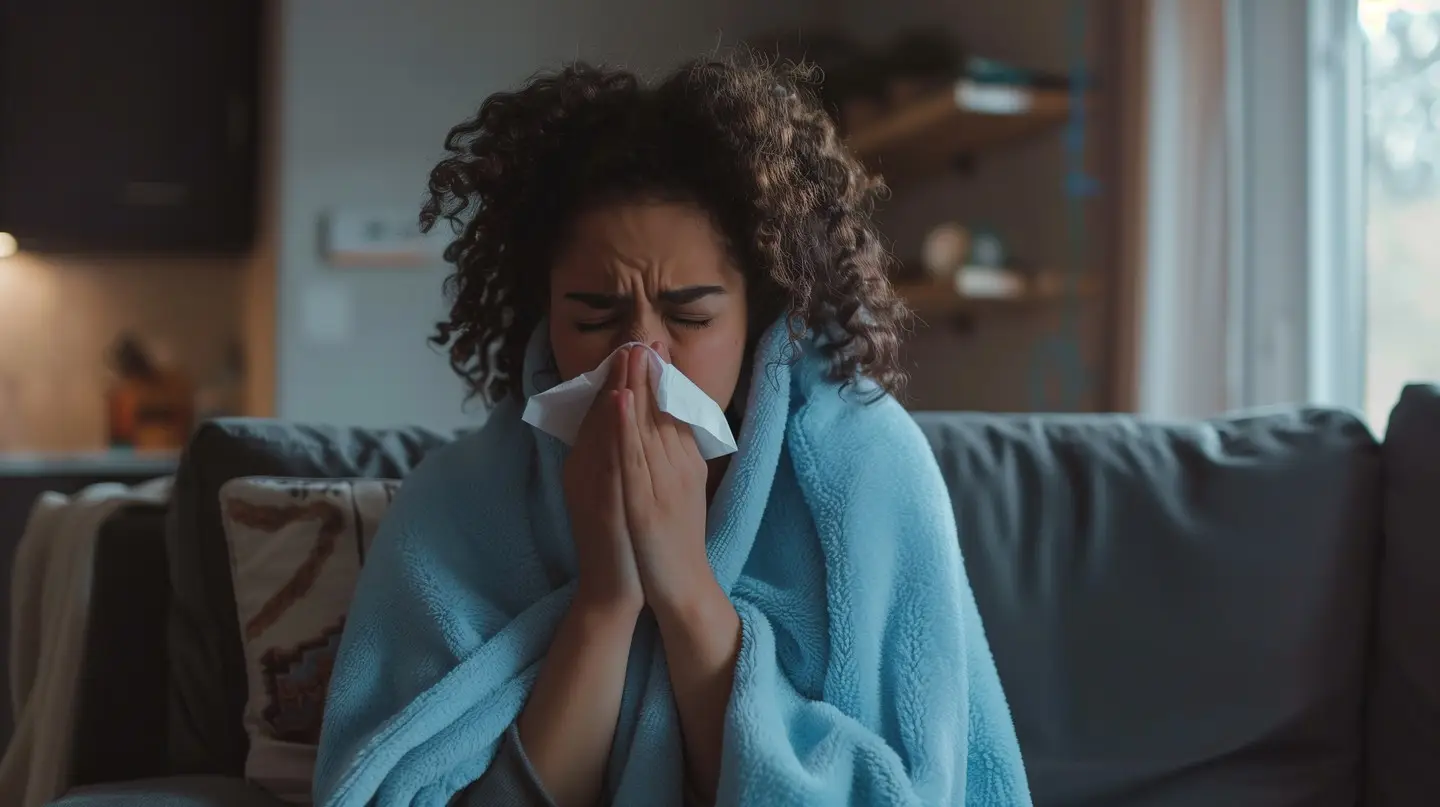Thousands have complained to OSHA about unsafe working conditions due to Covid-19. OSHA has not inspected a single workplace. NPR’s Scott Simon speaks with Deborah Berkowitz, a former agency official.
Transcript:
The mission of the Occupational Safety and Health Administration, known as OSHA, is to protect American workers. But many health care workers, factory workers, transit workers and others have said they do not feel protected during this pandemic. What has OSHA been doing? Deborah Berkowitz, a former senior OSHA official, says the agency has been doing nothing. There have been no workplace inspections, no legal threats, no fines. We asked her about the thousands of COVID-related complaints OSHA has received.
DEBORAH BERKOWITZ: In this pandemic, OSHA has decided, really, not to enforce the law. Federal OSHA has received, you know, about 18,000 complaints with state OSHAs, and they have already closed 12,000 complaints that they received from terrified workers. OSHA simply sent a letter to the employer and said, you have to investigate yourself; we don’t have any real specific requirements. And then the employer would write back, you know, we’re doing what we can. And OSHA closed the case.
SIMON: Well, they should conduct inspections. What other kind of responses?
BERKOWITZ: This is unprecedented. Whenever there’s been an emergency or crisis, OSHA has always done some enforcement to let workers know that this agency has your back, because if OSHA doesn’t act, workers can’t sue an employer. So OSHA right at the beginning of the pandemic decided that they weren’t conducting inspections, and not only that, but that they weren’t going to publish any specific requirements that employers had to comply with. So there are no requirements to protect workers from COVID-19 – no requirements for keeping workers 6 feet apart or giving workers masks or giving them the ability to wash their hands repeatedly. You know, OSHA and CDC have guidelines, but OSHA’s not enforcing them. In some states, the governors have implemented executive orders because the federal government has totally failed here.
SIMON: I do not understand any possible motive there would be in a federal agency not following up on complaints. What am I missing here?
BERKOWITZ: You have an administration and you have a head of the Department of Labor, where OSHA is housed – Secretary Scalia has said over and over again – that I don’t think they really believe that government has a role here. They believe in real limited government. I actually think OSHA’s completely failed here, and the cost is being borne by workers who have been sickened and many who have died on the job. And there’s no greater proof that the secretary’s philosophy that employers will just comply on their own, all they need is some kind of guidance, than the ramp in spread in meatpacking and poultry plants or in nursing homes, where you have 30,000 cases that we know about in meatpacking, 35,000 nursing home workers are sick. Voluntary compliance doesn’t work. That’s why you have OSHA. Even under Ronald Reagan, who ran on a platform of getting rid of OSHA – even under Ronald Reagan, when OSHA would see bad actor companies or bad actor industries, they would go after them.
SIMON: I mean, I don’t want to ignore the fact that the subtext of your words is that OSHA’s lack of action has cost lives.
BERKOWITZ: Oh, and that’s really borne out, Scott, in the data. You know, the Kaiser Family Foundation just did an analysis of 4,000 complaints where nursing home workers complained about the lack of protective equipment, and OSHA just closed the case and then workers died, or in meatpacking plants, where, you know, workers complained about unsafe conditions in so many meatpacking plants way back in April, and then OSHA just simply closed the case and said the employer’s doing what they can. And there are outbreaks and there are deaths following this, and they all could’ve been prevented.
SIMON: Deborah Berkowitz, who’s now with the National Employment Law Project and a former OSHA official, thank you so much for being with us.
BERKOWITZ: Thanks for having me.
SIMON: We would like to note we made many attempts to speak to officials at OSHA, but as of air time, we haven’t heard back.


